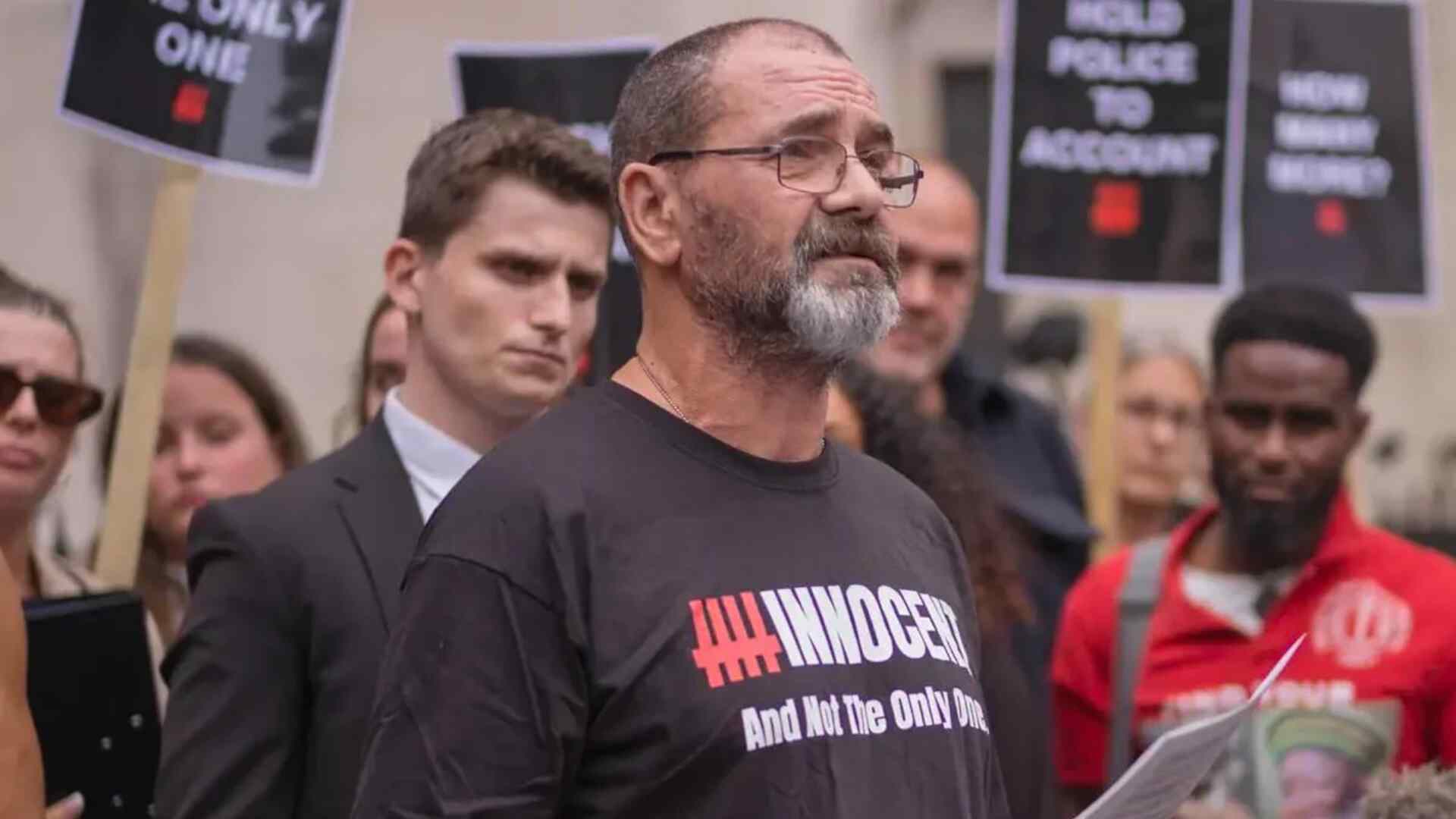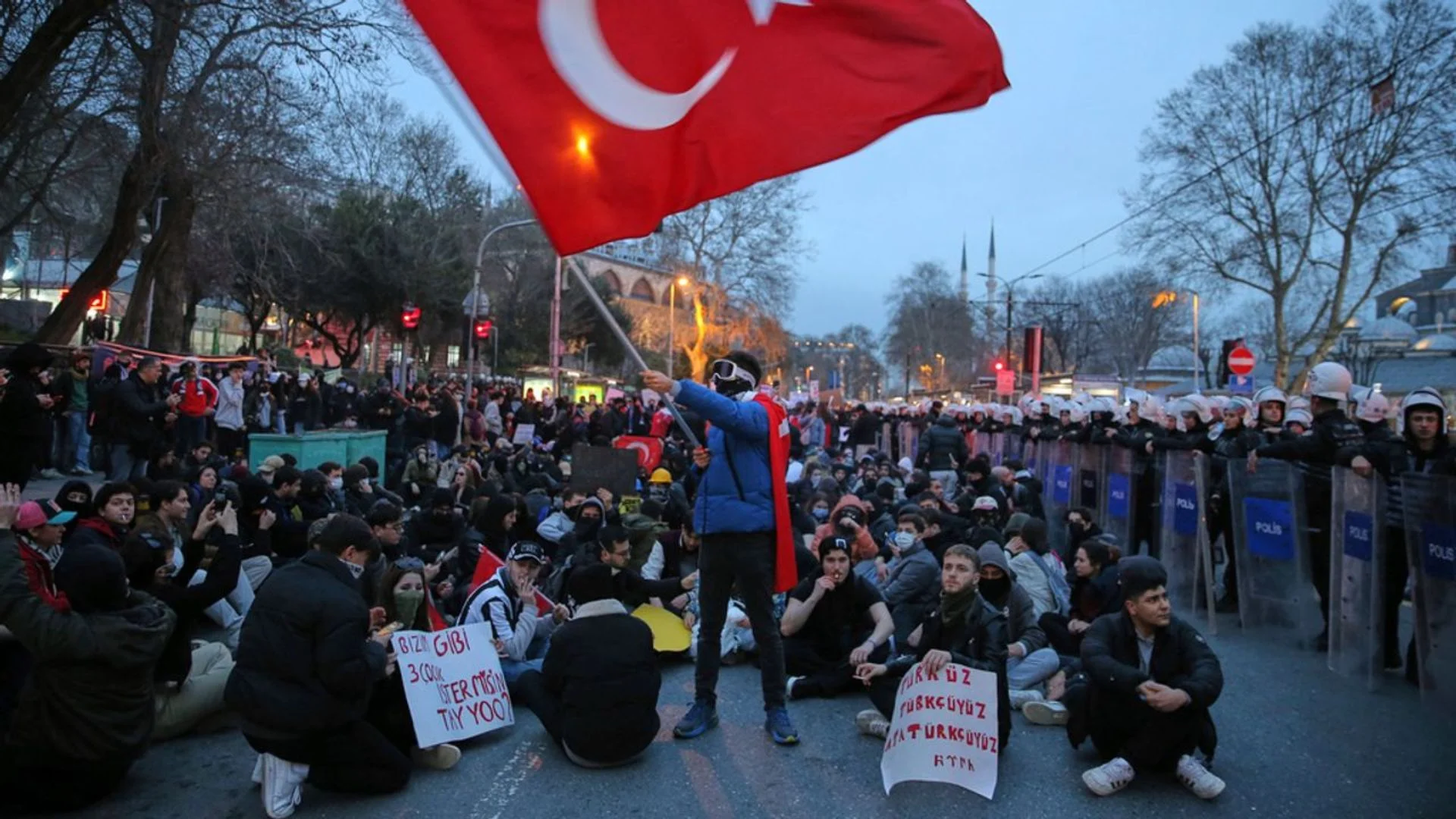In a shocking turn of events, victims of wrongful convictions in the United Kingdom are now facing an unexpected and unjust financial burden. According to recent reports, the British government has informed these individuals that they will be required to pay “bed and board” fees for the time they were wrongfully imprisoned. This controversial decision has sparked outrage, particularly after it was revealed that some of these fees have already been deducted from the compensation payments owed to the victims.
One of the most notable cases affected by this policy is that of Andrew Malkinson. Malkinson was wrongfully convicted of raping a woman in Salford, Greater Manchester, in 2003, and spent 17 years behind bars before being cleared of all charges. Despite his innocence being proven, Malkinson has been informed that £100,000 will be deducted from his compensation to cover the costs of his prison stay. This is a bitter pill to swallow for someone who has already endured such a grave miscarriage of justice.
This policy of deducting living expenses from compensation payments was actually abolished last year by former Justice Secretary Alex Chalk, following widespread public outcry over the Malkinson case. However, the government’s recent move to reinstate these deductions has been met with strong criticism, as it imposes further financial hardship on individuals who have already suffered immensely.
Andrew Malkinson’s case is not an isolated one. He has called for urgent reforms to the jury and appeals systems in the UK to better protect those who have been wrongfully convicted. Despite the government’s promise to pay full compensation without deductions, Malkinson may still face a lengthy wait—up to two years—before receiving his compensation, as an independent board reviews the amount.
This issue resonates beyond the UK. In a similar case in the United States, Kris Maharaj, a British citizen of Indian descent, died in a US prison hospital after spending 38 years behind bars for a crime he did not commit. Maharaj was wrongfully convicted in 1986 for the murders of Derrick and Duane Moo Young, and although his death sentence was later commuted to life imprisonment, he was never freed, despite being declared innocent in 2019. His case underscores the deep flaws in the justice systems of both nations and the devastating consequences of wrongful convictions.
As public scrutiny intensifies, the UK government’s decision to charge wrongfully imprisoned individuals for their time in jail is being widely condemned as a further injustice, adding insult to the profound injuries these individuals have already endured.























